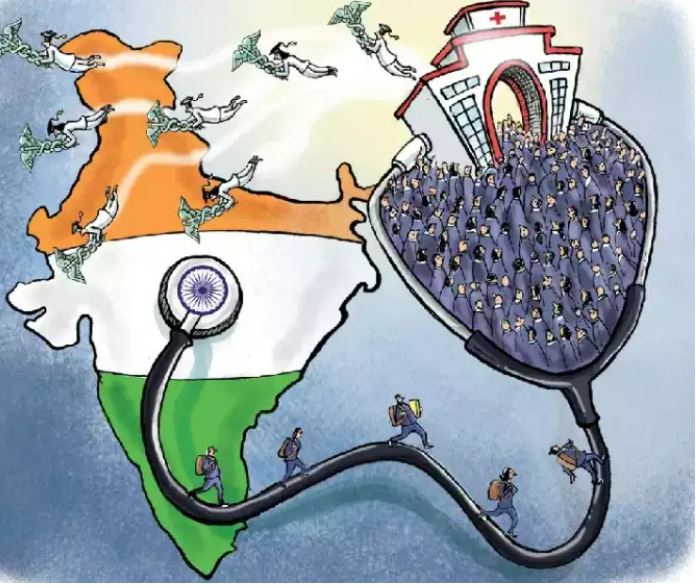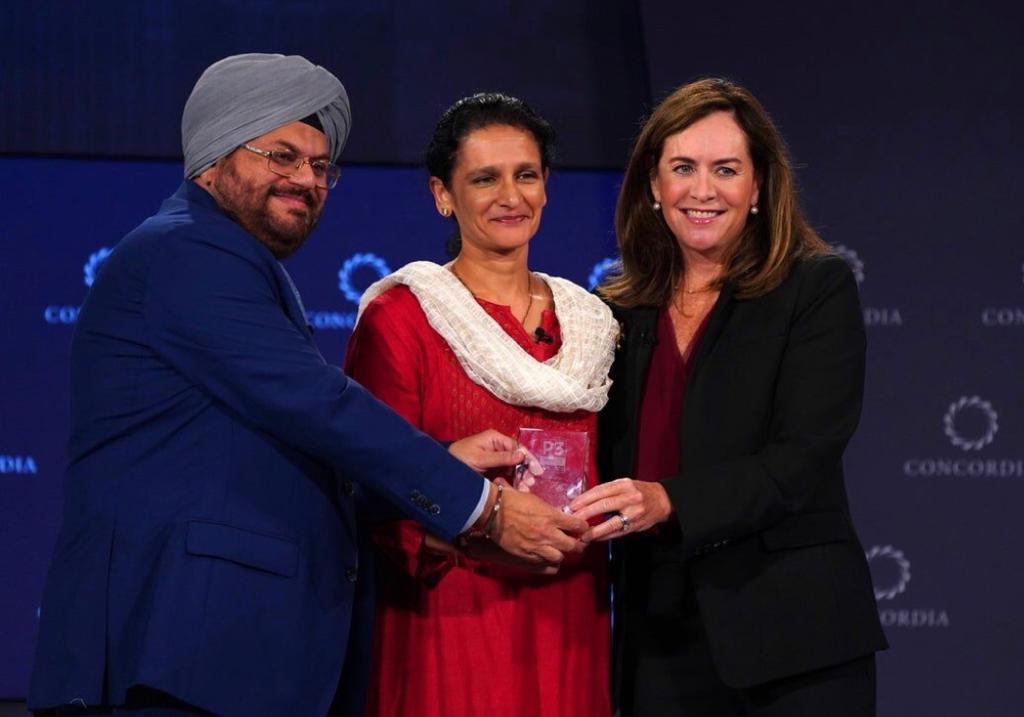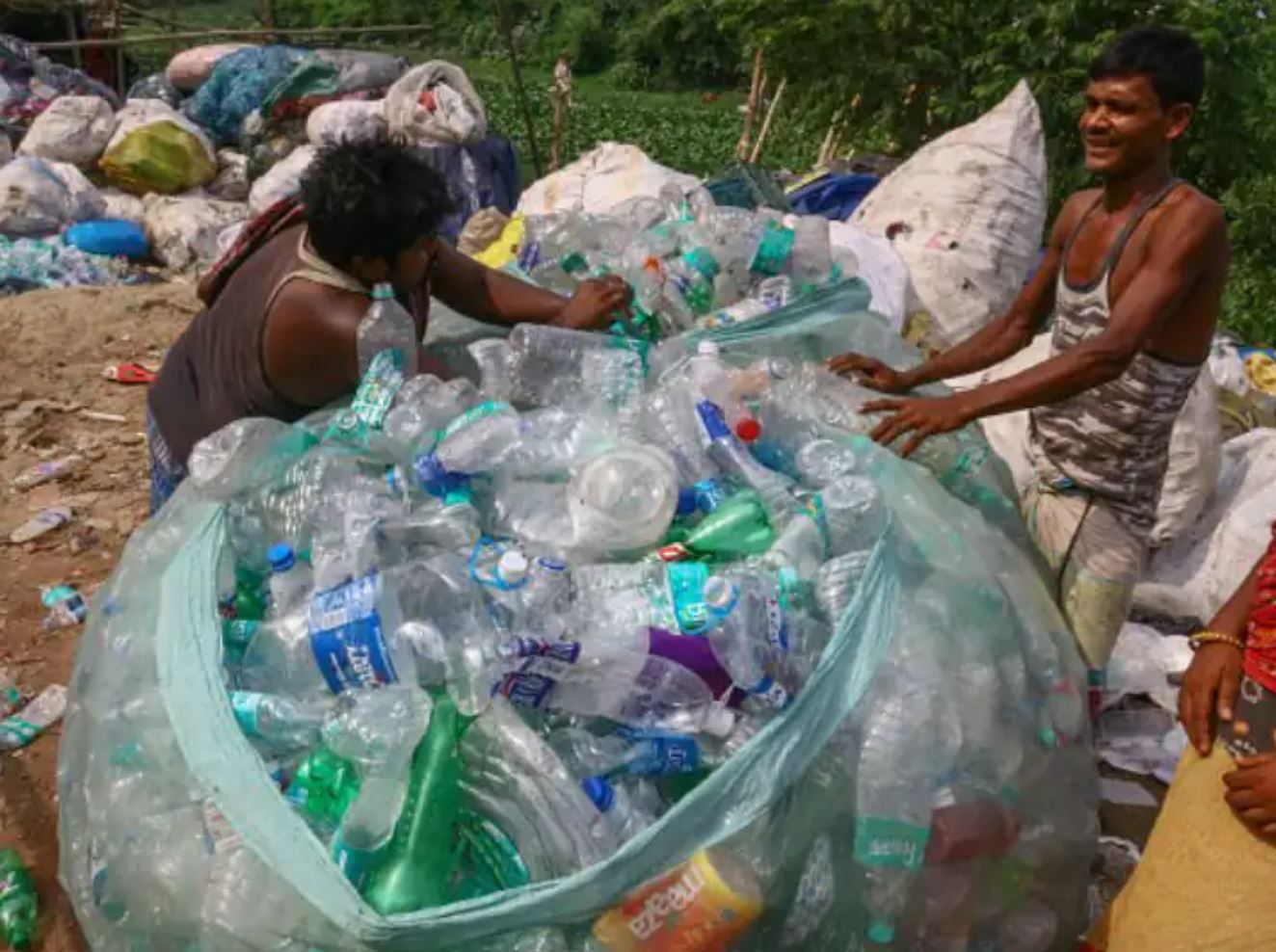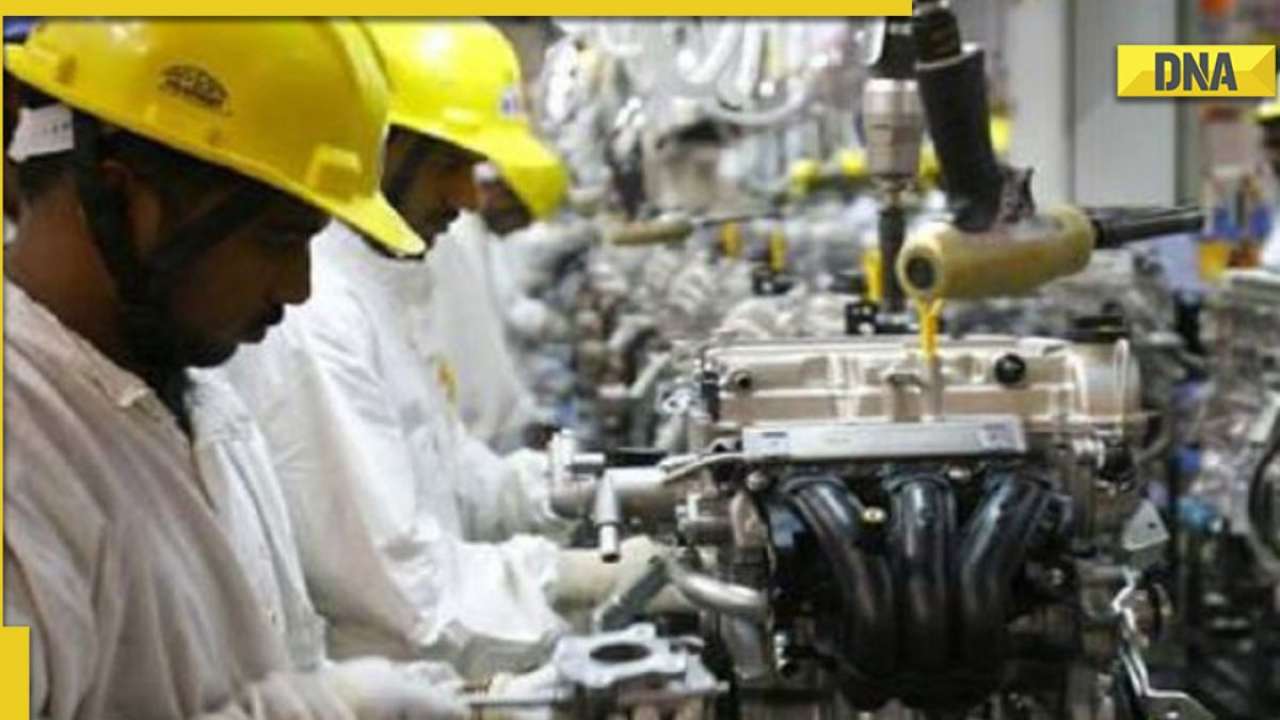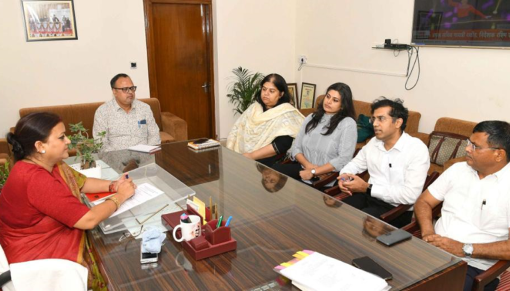India is concerned about the outcome of the negotiations of the regional trade agreements such as the Trans-Pacific Partnership (TPP) and Transatlantic Trade and Investment Partnership (TTIP) that it is not part of and urged members of such groupings not to set standards beyond the realm of trade.
“Such agreements will have huge implications on us. From an Indian perspective, we would hope that the result would not be states accepting restrictions through trade instrumentality which they otherwise would not be willing to accept in the relevant forum or relevant discipline. In other words, trade should not be an arena for settlement of debates on other issues which are not strictly related to trade,” said Sujata Mehta, secretary (economic relations) in the ministry of external affairs (MEA).
TPP is a proposed trade agreement under negotiation among 12 countries—Australia, Brunei, Chile, Canada, Japan, Malaysia, Mexico, New Zealand, Peru, Singapore, the US and Vietnam. TTIP is a trade and investment agreement under negotiation between the European Union and the US. India is currently only part of the negotiations of Regional Comprehensive Economic Partnership (RCEP) trade agreement. RCEP is a regional trade agreement among the Association of South East Asian Nations and its six trade partners—India, Japan, China, South Korea, Australia and New Zealand.
Speaking at an event jointly organized by the industry lobby group Federation of Indian Chamber of Commerce and Industry and Cuts International, Mehta said that though the negotiation text of both these agreements is confidential, the agreement will certainly go beyond World Trade Organization (WTO) standards and protection measures for intellectual property, environmental and labour.
“They may endanger food safety, they may curb access to medicines by putting constraints on the pharmaceutical sector and eventually may have an impact on sovereign issues. The net outcome will be blurring the local, domestic, regional and global,” she added.
Mehta said the mega-regional trade agreements are expected to allow foreign investors to have their grievances against governments arbitrated by dispute-specific panels under the investor-state dispute settlement (ISDS) mechanism clause. “What impact it would have ISDS provision on other investment promotion agreements is a matter of grey area,” she added.
India is currently undertaking a consultation process to bring out a model bilateral investment partnership agreement under which it proposes to force the foreign investors to first exhaust all administrative and judicial procedures within the country before dragging the government to arbitration in case of a dispute.
Mehta said almost certainly the new norms that will evolve from the discussions of TTP and TTIP would be discussed in the WTO and would serve as a template for future multilateral trade negotiations. “It is almost certain that the TTP and TTIP deals would throw a new paradigm of standards. In practical terms, it would be imperative for the Indian industry to upgrade quality standards to respond to the challenges at the time they come about. If we don’t rise to meet those upgraded standards, we may run the risk of having certain exclusion coming to Indian trade,” she cautioned.
The commerce ministry in its five-yearly (2015-20) foreign trade policy released earlier this month said the new features of the global trading landscape such as mega-regional agreements will profoundly affect India’s trade. “They go well beyond trade in goods and services into areas such as investment, competition (including state-owned enterprises), intellectual property, labour, environment, government procurement, transparency, regulatory coherence and dispute settlement,” it said.
Sunil Mitra, a former revenue secretary and advisor, IPE Global Pvt. Ltd, said India needs to urgently look at how it would align with the process that would take place with the execution of TPP and must devise and be ready with its strategic plan in case of trade diversion, which was a most likely occurrence. “The government must also understand the requirements that would arise with TPP in force and work towards setting a regulatory policy framework to complement the new reality,” he added.











